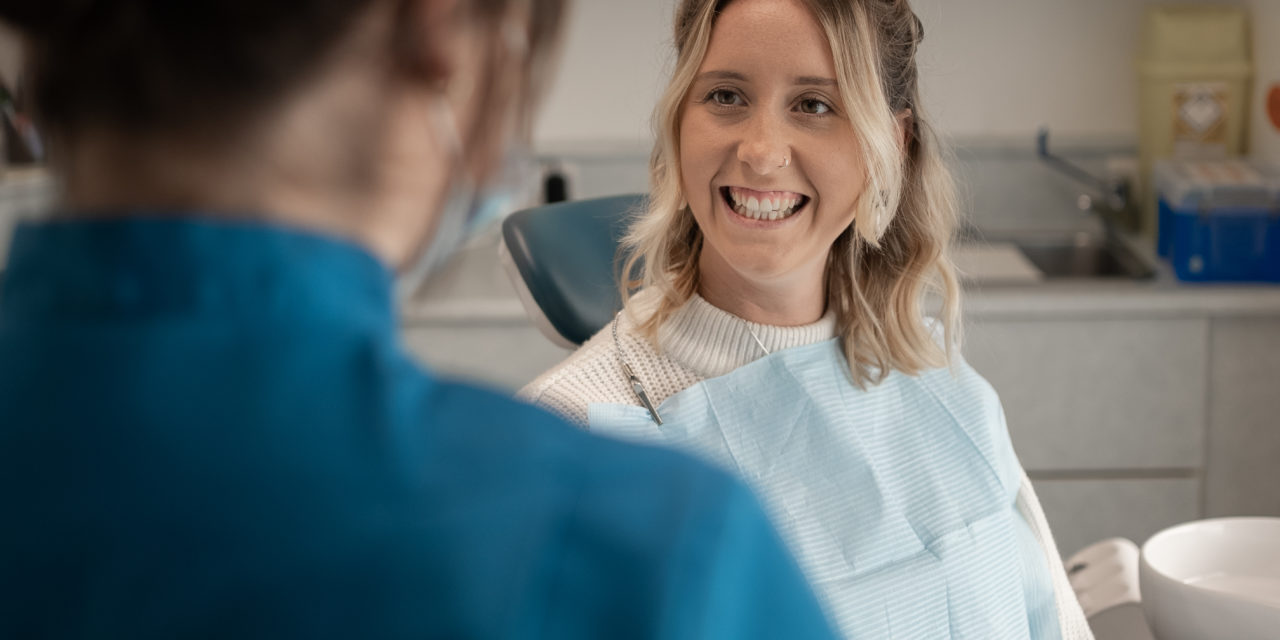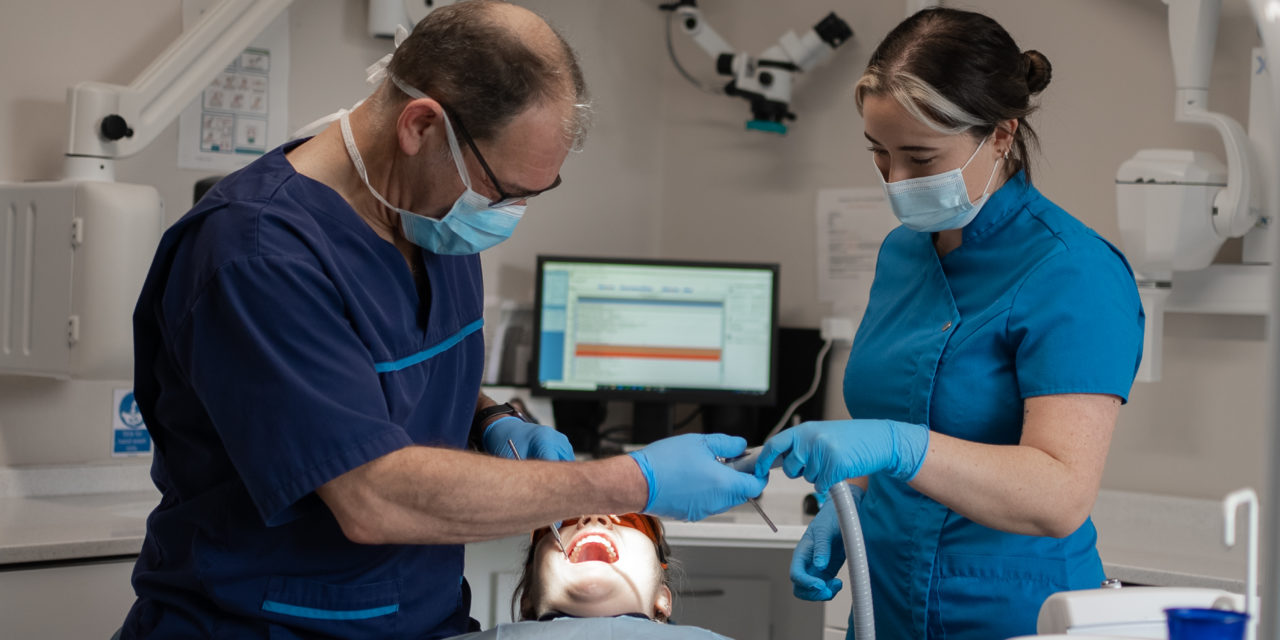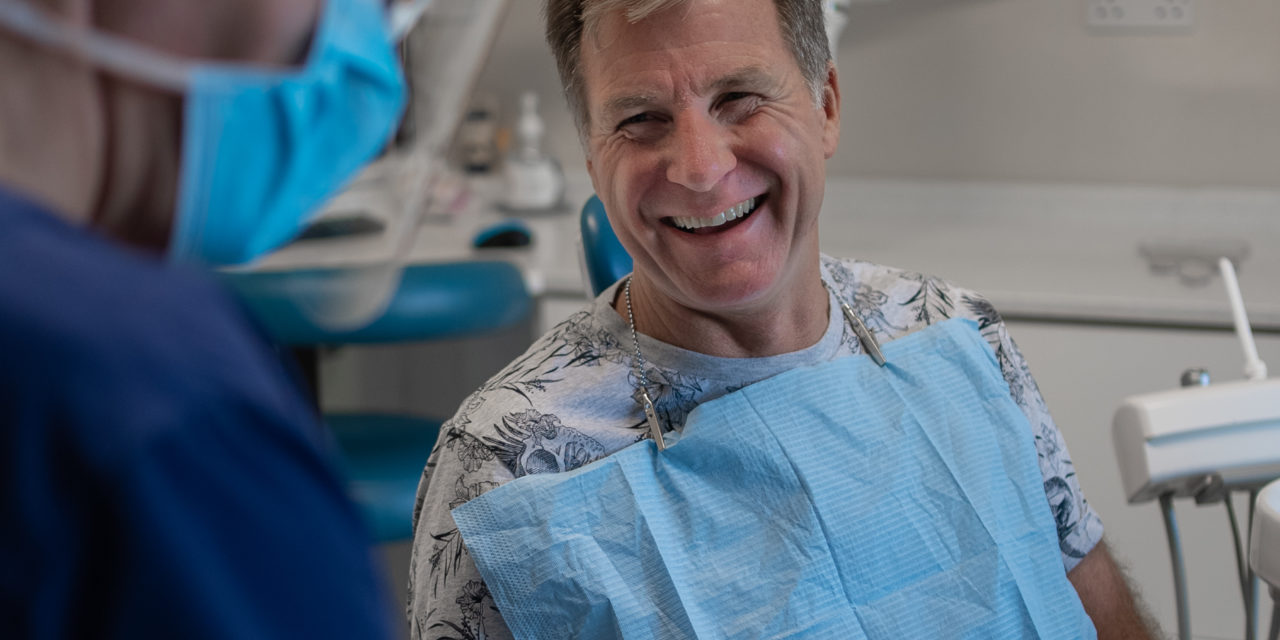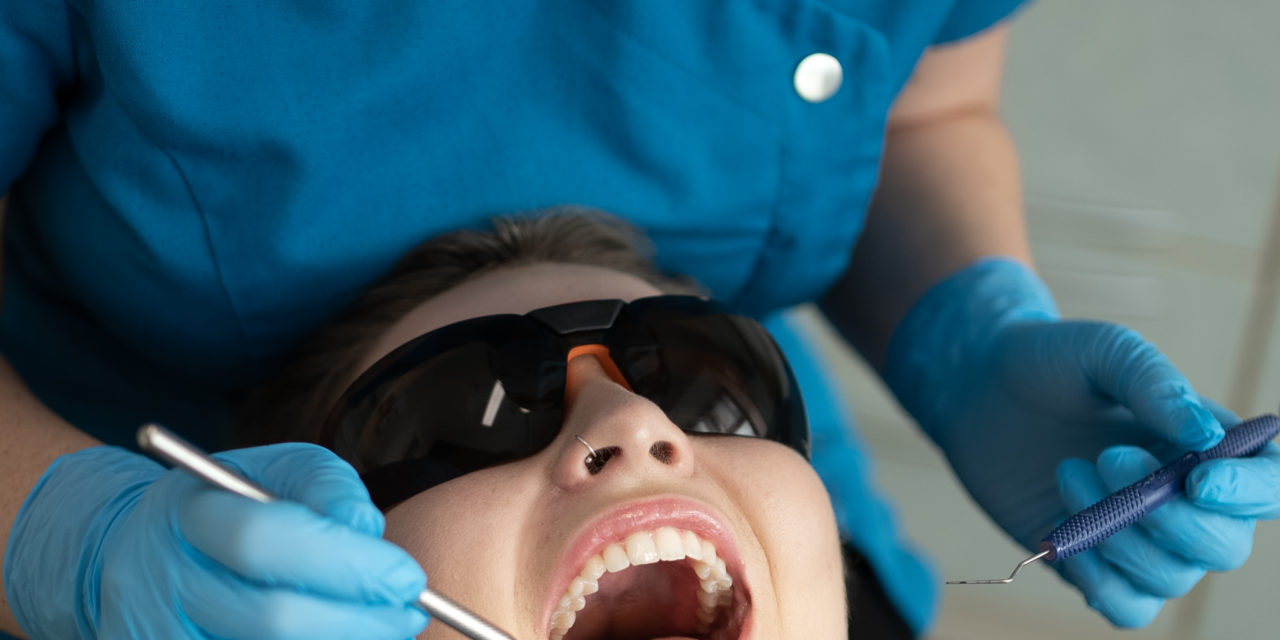
Penn Hill Dental Practice recommends patients attend regular check-ups, as this can enable our dentists to identify any potential problems at an early stage. Keeping on top of your oral health can help to prevent problems from escalating, which means that you can not only save time and money, but you could also save yourself from unnecessary pain.
During your check-up, your dentist will provide you with practical advice on how to care for your teeth and gums. This will help to ensure that your mouth stays healthy, and your teeth and gums stay fully functional for as long as possible. We also provide advice for children who may need a little assistance in developing their daily teeth cleaning routine, to help them to establish good mouth care practices for life.
As standard practice, our dental team will include a mouth cancer screening with every examination. Unfortunately, the number of people diagnosed with mouth cancer in the UK is on the increase, but our routine screenings could provide you with an early diagnosis which may potentially save your life.





